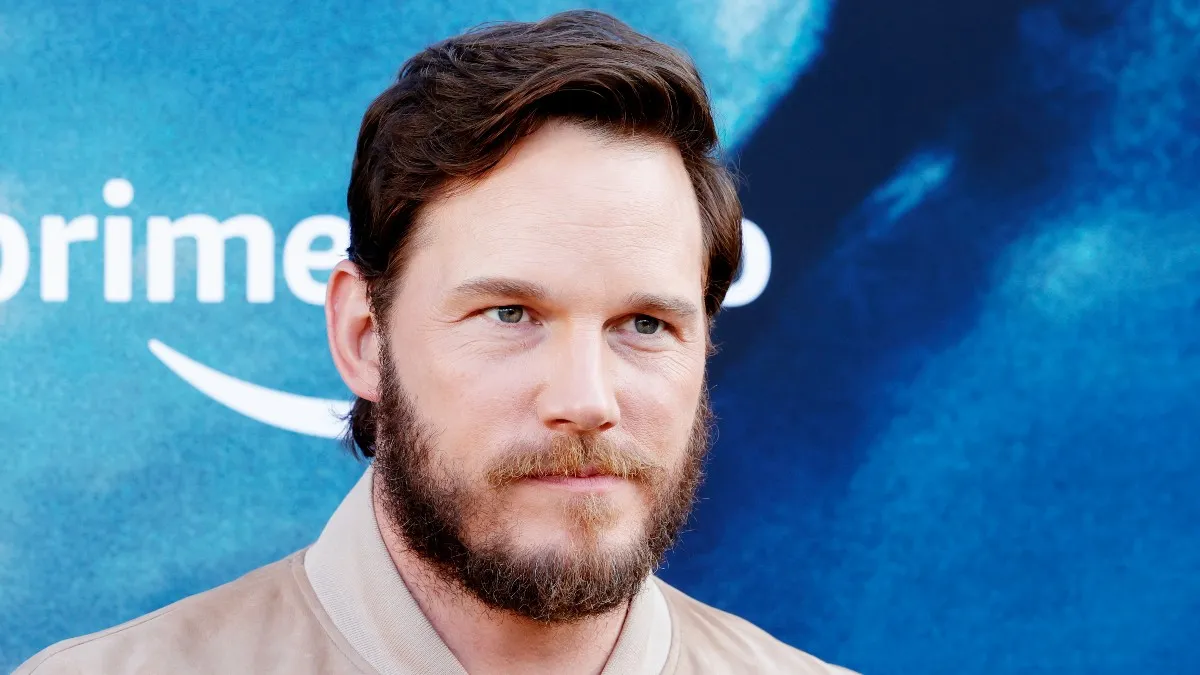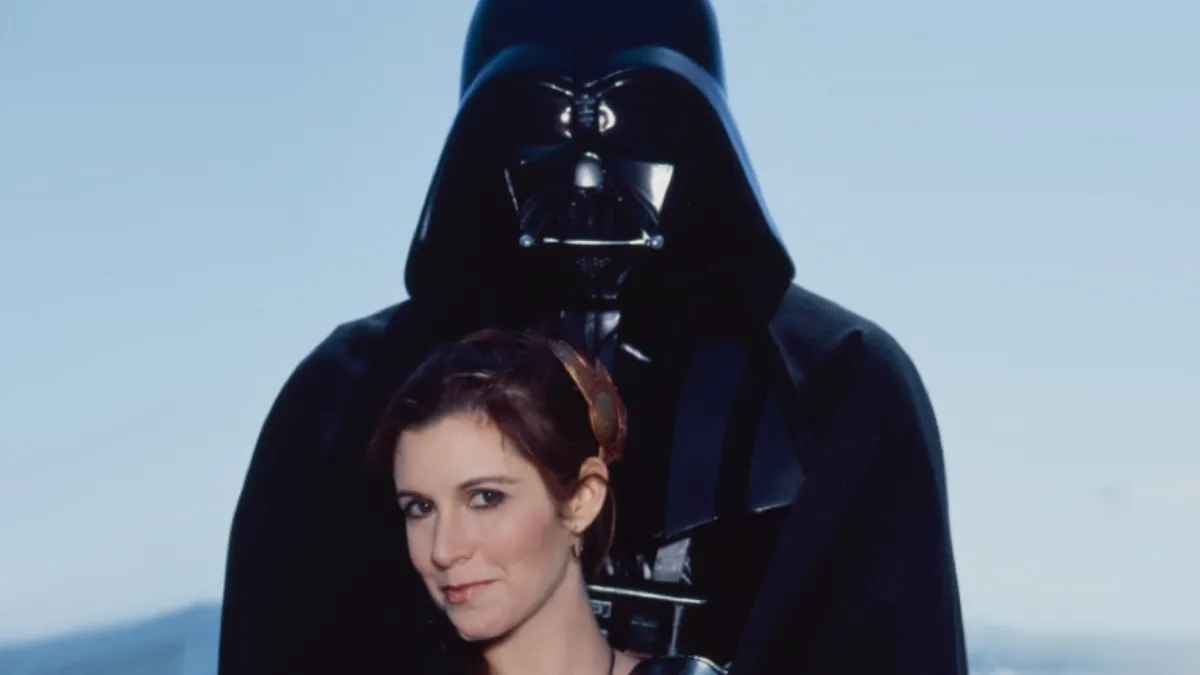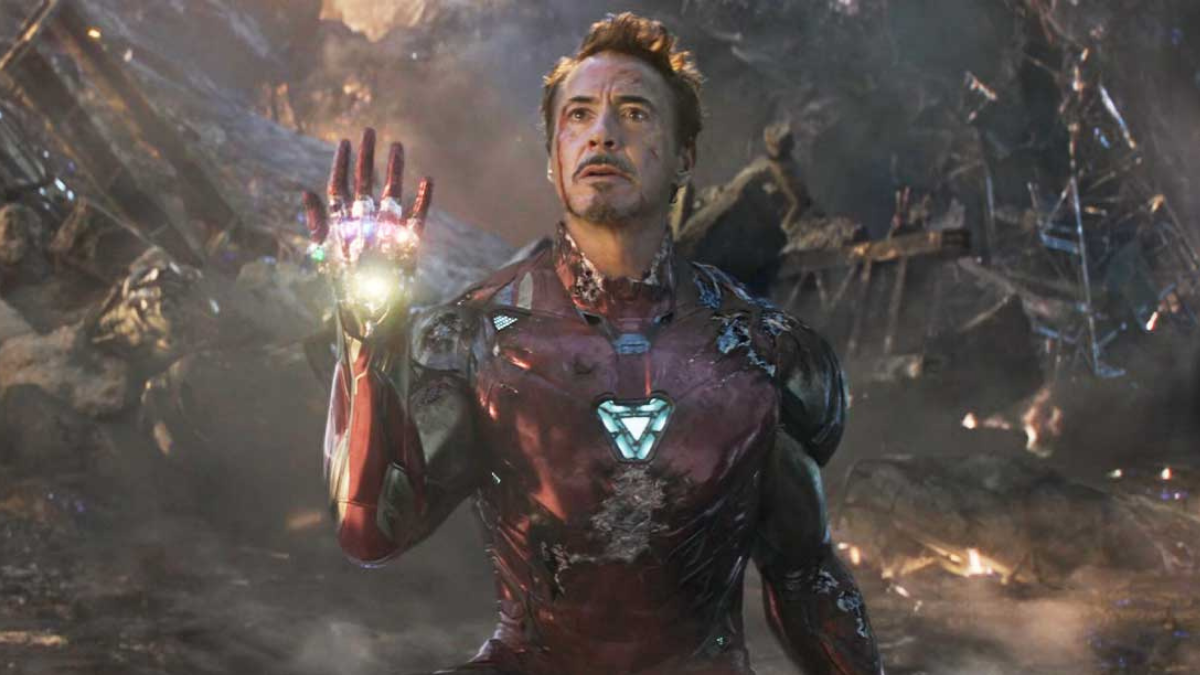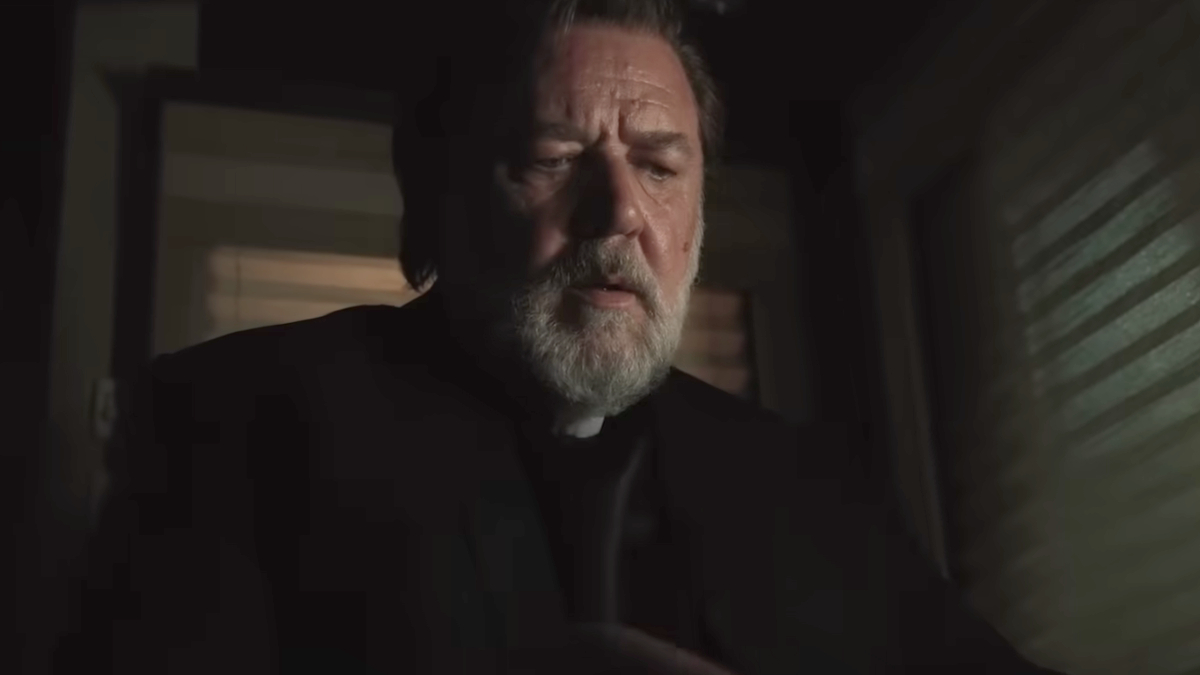There’s a distinct “They don’t make movies like this anymore!” vibe to La La Land, the third feature from writer-director Damien Chazelle (of Whiplash fame). It’s true that it’s a big, bright, colorful, ambitious movie musical, reminiscent of releases from the 1950s and 60s, featuring characters with hopes and dreams, nimble feet and magnificently contoured faces. This is a self-conscious film that is mostly keenly aware of its nostalgia and the shortcomings of its throwback nature, but not entirely. That doesn’t matter much though when it’s busy dazzling us with spectacles ranging from subtle to monumental.
Chazelle capitalizes on the crowd-pleasing and irresistible chemistry of Ryan Gosling and Emma Stone; Gosling as Sebastian, a jazz pianist, and Stone as Mia, an actress. They have dreams that are made perfectly clear: Sebastian wants to open his own jazz club (because jazz is life, bro), while Mia wants to be a movie star, or maybe just an actress. Their star-crossed paths begin with a series of humorous encounters (humorous to everyone except Sebastian – Gosling is at his best when he’s the butt of a joke) until their compatibility bursts forth in beautiful song and dance numbers. When these two are in sync, when they’re literally making each other hear music, this is the stuff people are talking about when they yearn for movies of decades past. The way these song and dance sequences are shot feels classical on one hand, but at the same time, it’s as if we’re watching something, shall we say, wonderful and new.
Things get simultaneously more interesting and more familiar when complications get in the way of this relationship’s ability to continue to sing. There’s something about the earnest, stripped down dramatic scenes in the film’s middle section that could keep some viewers at an arm’s length, as it did with me (a second viewing might change my mind). It’s necessary for things to get in the way of the happily ever after of this story, for some sort of conflict to arise that our characters must overcome or be overcome by, but the execution of this device, carried out largely in one pivotal scene, is less convincing than the rest of the movie’s near-flawless work. It doesn’t feel as organic, and so it stands out. The overt defensiveness about why jazz “matters” also carries a bit of sore-thumbness, and is also resolved in a brow-furrowing way.
Whether it loses you or not, it would be hard to imagine anyone without a visceral reaction to the dazzling concluding sequence of La La Land. It surpasses even the high bar set by its own incredible opening freeway-set ensemble number. Chazelle certainly likes to end on a crescendo of emotion, and does so here with one of the most beautiful combinations of music and imagery we’re likely to see this year. Combined with the way the movie begins, it creates that all-important stylistic framing that is the most crucial influence in the feelings a movie can give you: if you start off loving it and end loving it, it’s easy to forget the things in between that were not as lovable, even though almost all of it is (if it’s not apparent already, this is a movie I adored but can’t avoid a certain ambivalence that I’m still working out).
What’s undeniable is that Ryan Gosling and Emma Stone are fantastic performers whose incredible talents are on full display throughout this movie. For Stone’s part, who sometimes feels a bit too polished and calculated, there are moments in the film that feel painfully earnest, and even the seemingly premeditated gestures have a logic to them since she’s playing an actor. Her audition scenes, particularly the one featured in one of the movie’s trailers, are phenomenal (except…does her character’s fate feel a bit shallow?). Gosling impresses with his piano skills, the same way Miles Teller impressed with his drumming skills in Whiplash, making clear that Chazelle considers authentic musicianship of critical importance in movies. But he also impresses with his guarded vulnerability that makes you root for him despite his character’s self pity.
La La Land simply has far too much inspiring work contained within it to get too hung up on details. Expectations for it may come into play – the most positive responses to it that I’ve heard came from people who “had no idea Ryan Gosling could sing and dance” (evidently, not avid Mickey Mouse Club watchers) or those who don’t normally enjoy movie musicals. Regardless of expectation, there’s so much goodness here that warrants enormous praise, things like the fact that it has such a strong sense of the place of Los Angeles, giving specificity to a city that is usually meant to pass as somewhere universal in most films. The weirdness of this fact alone makes it a location worth exploring, and we get that here. All this points to Damien Chazelle continuing to show he’s a fascinating artist worth following for years to come.






